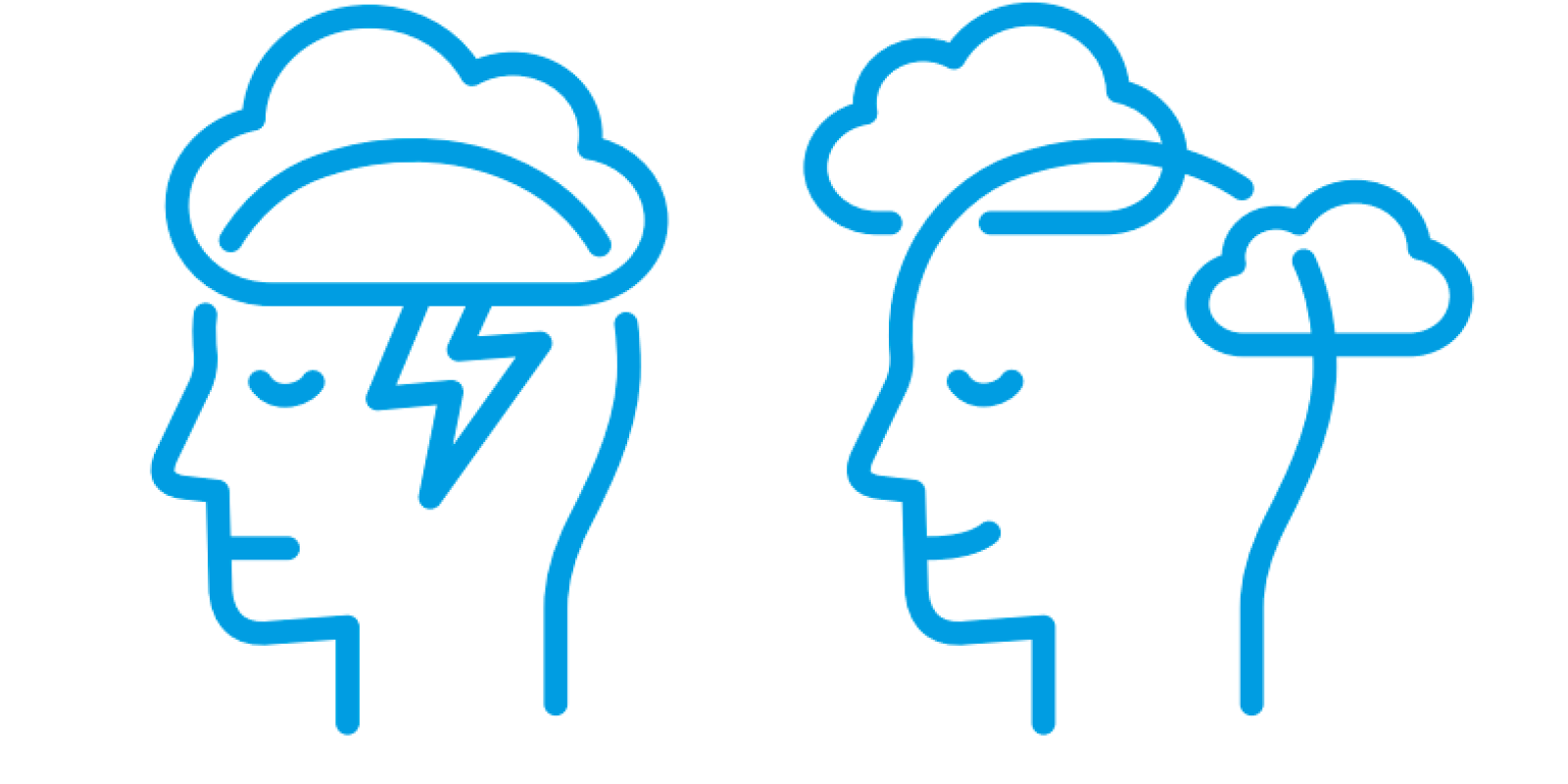
Coping in Egypt During the COVID-19 Crisis: AUC's Pandemic and Post-Pandemic Research and Innovation Initiative
AUC’s Pandemic and Post-Pandemic Research and Innovation Initiative awarded funding to 10 different research projects that are aimed at creating an impact both during and after the global COVID-19 pandemic — contributing to the scholarship and innovation in the fight against it. In this series, we are highlighting each of the 10 projects to learn about what they are and what impact they will have on society.
Project 2: Coping in Egypt During the COVID-19 Crisis
Principal Investigator: Lameese Eldesouky, assistant professor, Department of Psychology
Co-Principal Investigators: Kate Ellis, assistant professor, Department of Psychology; Zeinab Khadr, senior research scientist, Social Research Center
How It Began
When talking to her friends and family, Eldesouky took notice of the “vastly different” ways that people were coping with the COVID-19 crisis.
“Some people were in denial and wanted to act as though nothing had changed,” she said. “Others I knew turned to religion as a guide by increasing their prayers and trying to grow closer to God. Meanwhile, there were others who turned to distracting activities like TV just to make the time go by.”
For her, this grant was an opportunity to study what’s going on with how people are dealing with their emotions and reach a scientific conclusion.
What It's All About
This project will identify the different ways that Egyptians are coping with the COVID-19 crisis and which strategies are most effective for long-term well-being. Some questions the project aims to answer are: What strategies are people currently using the most vs. the least? Which people are using certain types of strategies more or less?
“For example,” Eldesouky said, “people who are more optimistic may be more prone to identify positive aspects of the situation as opposed to distract themselves.”
The Research Process
This project will be completed remotely and online. Gathering data involves:
- Having participants complete a long, one-time survey asking demographic and personality questions.
- Conducting experience sampling: having participants complete very brief surveys multiple times a day for two weeks, which will allow for data collection about people’s emotions over time.
Data collection is set to be completed this month.
What's the Impact?
There are two main goals of this project: The first is to help create culturally sensitive public health recommendations that enhance people’s use of healthy coping strategies and decrease their use of unhealthy ones. The second is to make people more aware of how they are coping with the situation.
“Believe it or not, the average person does not think about their emotions and how they are dealing with them on a regular basis,” Eldesouky said.
Final Thoughts
“We are very excited about this study for several reasons. While it addresses a major current issue, it also helps bring Egypt to psychological research and vice versa. The field of psychology today is primarily represented by the West and select Asian countries. Furthermore, to our knowledge, this will be one of the first studies in Egypt and the Middle East more generally to use experience sampling. This is the novel method I described where people answer the same survey multiple times a day. It’s praised for its ability to capture what people do in real time and in real life outside of a laboratory setting,” Eldesouky said.